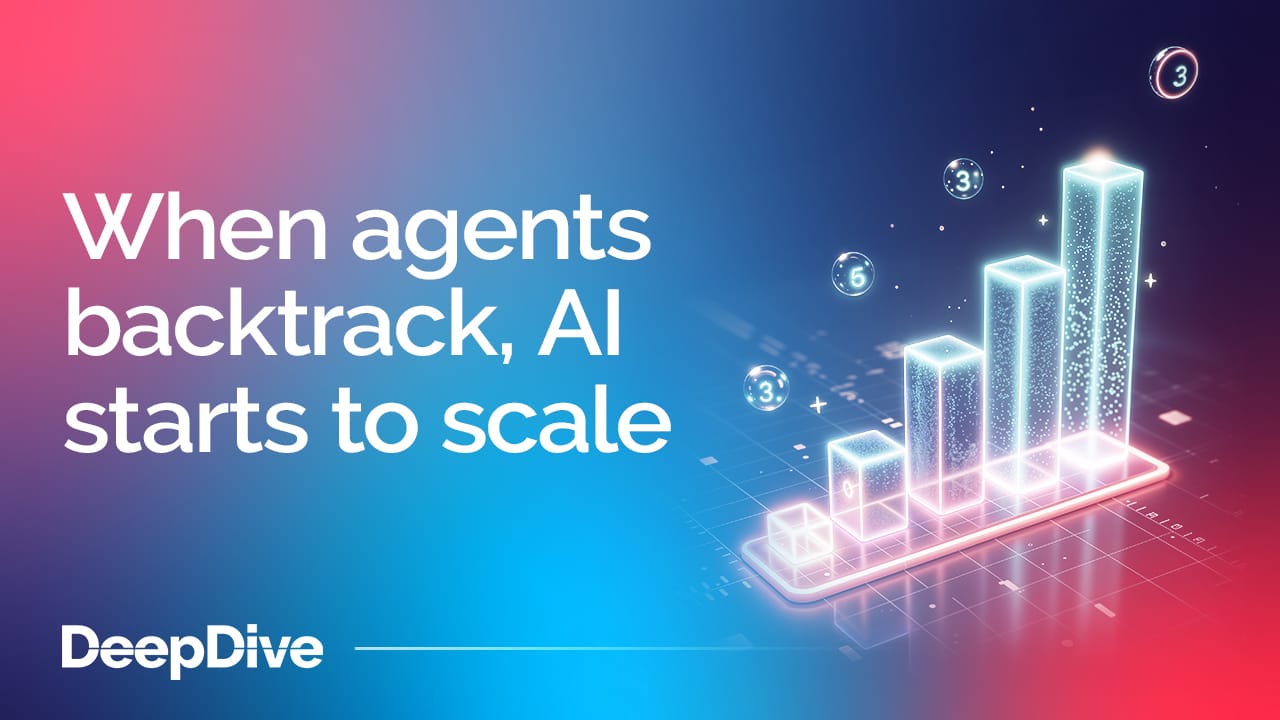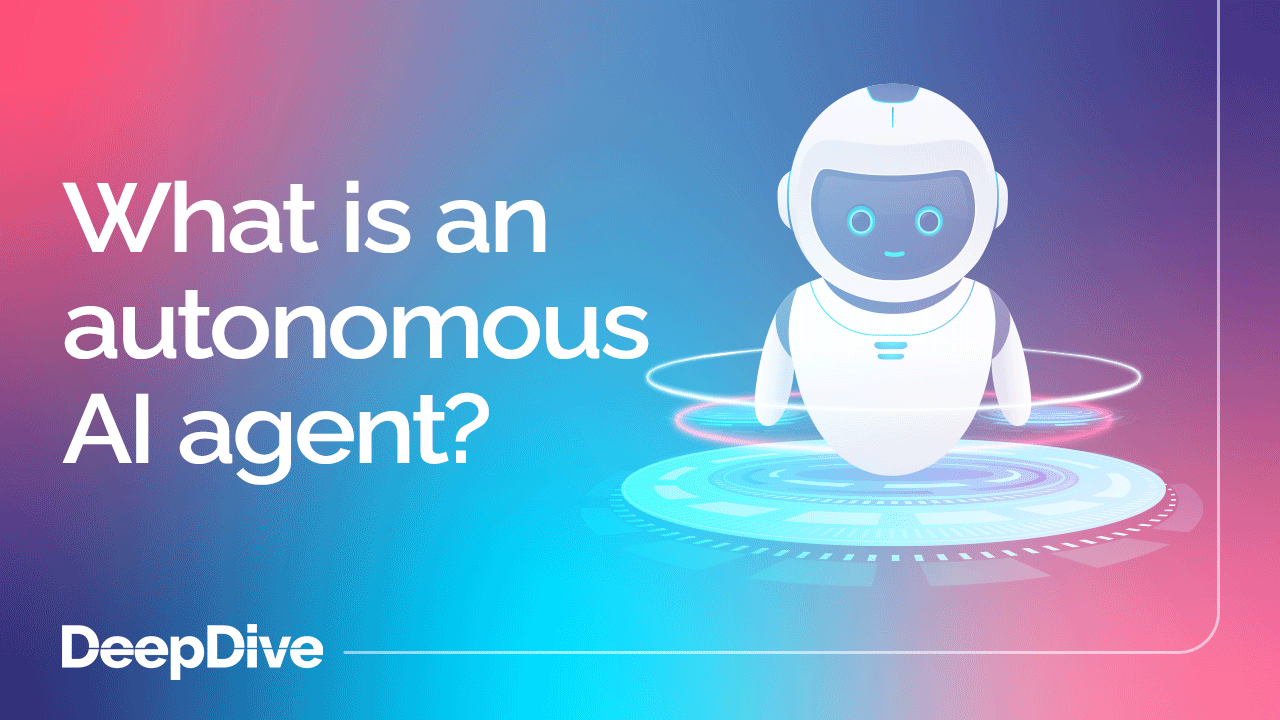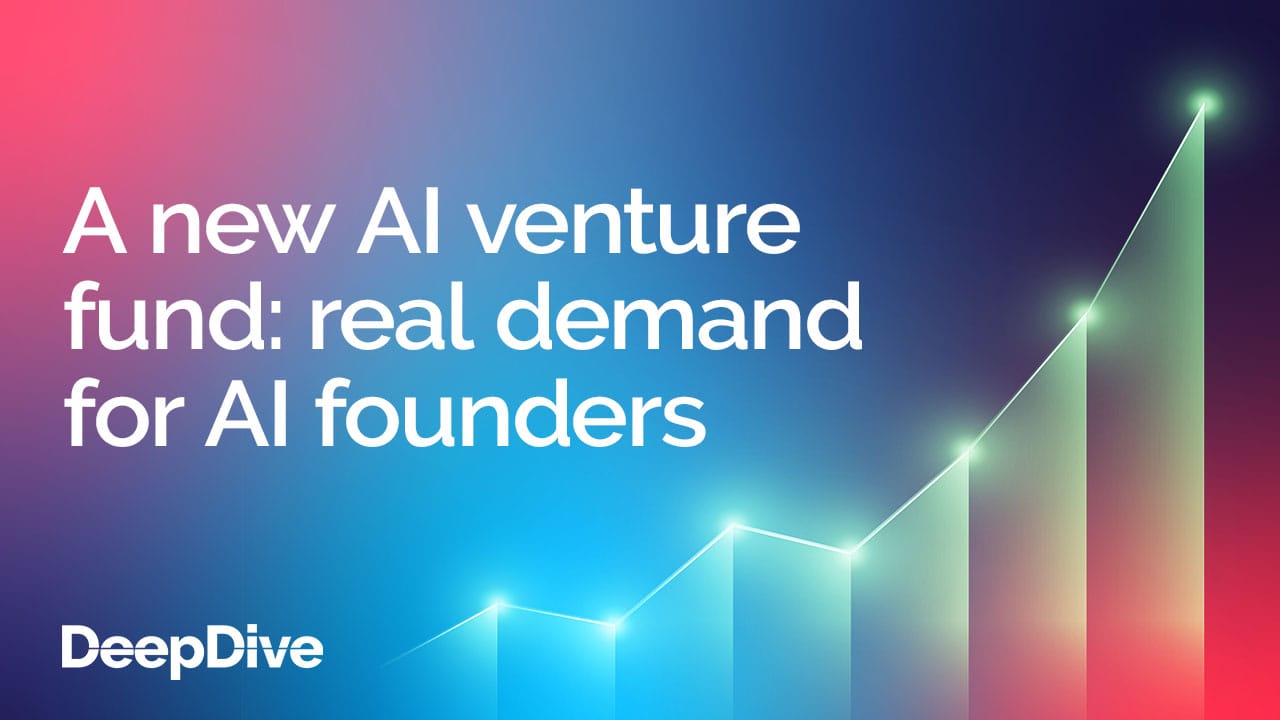

What is an autonomous AI agent?

Welcome to the 11 new deep divers who joined us since last Wednesday.
If you haven’t already, subscribe and join our community in receiving weekly AI insights, updates and interviews with industry experts straight to your feed.
DeepDive
Your weekly immersion in AI.
Henrik Kniberg (Co-Founder of Ymnig.ai) has a habit of pioneering new efficiencies and use cases for emerging technologies. And since generative AI captured his attention, he’s been doing exactly that: experimenting with new and better ways to make GenAI work for us (us being humans, in general).
We asked him a few questions to give you a quick primer on what autonomous agents are and how they can enhance our lives.
How has your career path led you to AI?
“I started as a developer, but after a few startup journeys I morphed into an organisational coach, working at companies like Spotify and LEGO, helping them figure out how to work more effectively and build better products faster.
“I wrote a few books about Agile and Scrum, did keynotes, published videos, and just tried to share knowledge as widely as possible. One video about the Spotify Engineering Culture started spreading like crazy and led to something that people call ‘The Spotify Model’.
“Later on I ended up at Mojang, working as a Gameplay Designer on the Minecraft team, doing hands-on design and coding in the game. I did a lot of AI work there, and got interested in the notion of agents – simulated beings that act of their own accord.
“When ChatGPT 4 came I took a closer look at the emerging field of generative AI. I shut off my phone and locked myself away in a cabin for a week to really understand how this works. I got so blown away by the potential of it that I did a complete career shift and decided to focus 100% on this. Since then I've been researching, developing, teaching, consulting, speaking, and writing on this topic. I started Ymnig.ai, a Swedish AI company that helps companies make use of generative AI. As part of that we have developed a platform for autonomous AI agents, since we see so many practical use cases for this technology.”
What's most exciting to you about generative AI?
“The potential to make the world a better place – for example by giving every person the equivalent of a genius-level personal assistant, tutor, coach, and advisor. This will be amazing whether you are a world class cancer researcher or an unemployed student trying to find a job.”
What is an autonomous AI agent, and are people using them in daily life/work already?
“An autonomous AI agent is an AI model (like GPT or Claude), that is given access to tools (such as email, money, internet), and is able to act autonomously without waiting for a human to prompt it. Currently, ChatGPT is like a strange colleague who sleeps in his office all day, until you go talk to him and ask him for something. When prompted, your colleague does great work, but then he immediately goes back to sleep again until you ask him something else. An autonomous agent is like a more real human colleague, who actually has a job, can take responsibility, can make calls and contact people and place orders, and can act on own initiative.
“Agents can also have more specific responsibilities. For example, we’ve built research agents for some of our customers – they are configured to search for specific types of news every day at a specific time, filter these, create useful summaries and reports, and route to the right people and channels.
“Autonomous agents are a new field and not widely deployed yet. But within a year I think they will be pretty common.”
Can you share one thing everyone could do this week to deepen their understanding of generative AI and prepare themselves for the future of work?
“First, by a Claude pro account or ChatGPT plus account, to get access to the best AI models. These are not expensive.
“Then make a list of all the things you spend time on, look in your calendar or talk to your friends or colleagues.
“Every week (or every day), try using Claude or ChatGPT to help you with one of these tasks. If you don't know how, you can ask AI to help suggest how it can help you (pretty meta, but it works). The key thing is to experiment, deliberately overuse the technology to learn about its possibilities and limitations.”
Thanks to Henrik Kniberg at Ymnig.ai.


A new AI venture fund: real demand for AI founders
Capital paired with real-world AI deployment opportunities

AI is moving fast. Markets are moving faster.
As AI accelerates globally, DeepFest is a gateway to growth in Saudi Arabia and the GCC.
Related
articles


A new AI venture fund: real demand for AI founders
Capital paired with real-world AI deployment opportunities

AI is moving fast. Markets are moving faster.
As AI accelerates globally, DeepFest is a gateway to growth in Saudi Arabia and the GCC.
